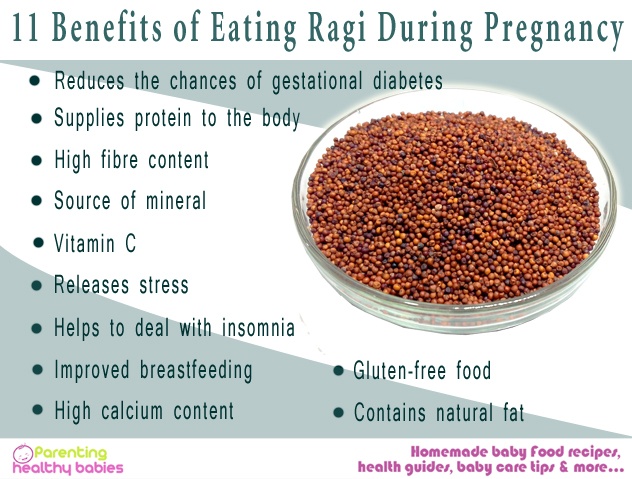Are you excited about feeling those foetal hiccups in the womb? Then check out below all that you need to know about them.
In this article:
Why do Babies Hiccup in the Womb?
Is it Normal for a Baby to Have Hiccups in the Womb Every Day?
How Often are Baby Hiccups Normal?
When can you Expect Foetal Hiccups?
What do Hiccups in The Womb Feel Like?
Is it Hiccups or Is Your Baby Kicking?
Does Hiccup Count as Foetal Movements?
How to Stop Baby Hiccups in the Womb?
When Should You be Concerned?
All You Need to Know About Baby Hiccups in The Womb
Why do Babies Hiccup in the Womb?
Why do babies get hiccups in the womb? That’s because:
- When your foetus sucks the amniotic fluid, the diaphragm contracts causing a hiccup effect. It shows good development of the foetal diaphragm. This process usually starts around the tenth week of pregnancy. It also implies the activation of the nerve which controls his diaphragm.
- When the foetus develops reflexes by sucking thumb or fingers and yawning, it also causes hiccups.
- Foetal brain necessitates to practice reflux to swallow food and expel wastes. It improves respiration and heart muscles. This further ensures that his brain and spinal cord are functioning properly and, he is neurologically developing to survive outside your womb.
- Compression of the umbilical cord against the foetal neck limits the oxygen flow, causing hiccups.
Is it Normal for a Baby to Have Hiccups in the Womb Every Day?
Feeling hiccups in the womb every day is normal until the first 32 weeks of pregnancy. If you experience foetal hiccups regularly, mainly if it happens every day and more than 4 times each day after 28 weeks of pregnancy, you must contact your doctor.
Frequent hiccups do not necessarily point at a disorder. However, they may happen if your umbilical cord gets prolapsed or compressed. In such cases, the oxygen and blood supply to your foetus may be obstructed or stopped altogether.
How Often are Baby Hiccups Normal?
Baby hiccups in the womb normally occur regularly and may last for a few seconds or minutes. If they continue longer than 15 minutes, that’s not normal. Sometimes, these hiccups are even prolonged for 20 minutes or more. It might be a cause of concern and need immediate medical attention. The doctor may evaluate the reflux of your baby.
When can you Expect Foetal Hiccups?
Foetal hiccups in the womb occur at the end of your second trimester. They intensify in your third trimester. However, a sonogram can show you the hiccups as soon as your first trimester when your baby’s diaphragm develops. The baby’s limbs start developing generally after 9 weeks of pregnancy. As pregnancy progresses towards labour, the hiccups reduce in frequency.
If hiccups increase in the 3-4 weeks before labour, it might be an umbilical cord problem which requires medical help.
What do Hiccups in The Womb Feel Like?
Foetal hiccups are felt like recurrent kicks or taps from your baby once or multiple times daily. These are a series of small jerky or rhythmic movements which indicate a good sign about the baby’s health and activeness. You may not feel foetal hiccups yet deliver a healthy baby.
Is it Hiccups or Is Your Baby Kicking?
Kicks and hiccups in the womb can be differentiated by moving around.
- Foetal kicks: Sometimes the baby moves on feeling uncomfortable in the same position or if you eat anything hot or cold. Such movements are felt at different parts of your belly and may stop on changing your position. These are considered kicks.
- Foetal hiccups: Rhythmic twitches felt at only one part of the belly when you’re still, are likely foetal hiccups. These may be confused with soft kicks. But, on paying close attention, you’ll find that the rhythm of foetal hiccups resembles that of adult hiccups.
You may need some time to understand and differentiate such movements.
Does Hiccup Count as Foetal Movements?
Foetal hiccups in the womb are typically normal reflexes of the baby. They are not counted as voluntary foetal movements. Only kicks, swishes, flutters and rolls are counted as foetal movements.
How to Stop Baby Hiccups in the Womb?
Although foetal hiccups are completely normal, they might annoy, distract or disturb you sometimes or prevent your uninterrupted sleep. The hiccups are not at all painful and normally do not last for more than 15 minutes. The following measures can help stop baby hiccups in the womb:
- Take a short walk when you feel the hiccups. This would shift your baby’s position and relax your diaphragm. It might even help your baby sleep.
- Drink more water since hiccups might also develop due to low fluid intake.
- Have a meal or light snack filled with proteins. This helps relax your body and makes your baby sleep.
- Never hold the breath to prevent hiccups since that might be dangerous for your baby.
- Lie on the left side of your body.
- Support your bump and relieve the pressure from your spine with the help of pillows.
- Stick to a regular pattern of napping in the daytime and sleeping at night, as necessary.
- Continue with moderate exercise till it’s safe to do.
These are merely tips but not guaranteed remedies to ease the foetal hiccups. The hiccups, being a normal indication of your baby’s development, go away by themselves.
When Should You be Concerned?
You must seek the doctor if there is a sudden rise in foetal hiccups in the womb. That is, they may become stronger, more frequent or last longer than usual in later pregnancy. It might signal an umbilical cord issue. This is also why you must attentively notice your baby’s movements.
Complications of cord disorders (like umbilical cord prolapse or compression) might include:
- Changes or dropping of the baby’s heart rate
- Fluctuations in the baby’s blood pressure
- CO2 build-up in the baby’s blood
- Brain damage of the baby
- Stillbirth
The doctor may perform an ultrasound to understand your baby’s condition.
Conclusion
Although it’s hard to pinpoint the exact reasons for feeling hiccups in the womb, they are considered a natural part and a positive sign of pregnancy. Similarly, there are no sure-fire ways of stopping the hiccups. Follow the given tips and embrace these natural hiccups. If the frequency of hiccups increase in your later pregnancy, consult the doctor.
Reference
https://www.ncbi.nlm.nih.gov/pmc/articles/PMC1590247/
https://www.pregnancybirthbaby.org.au/hiccups













